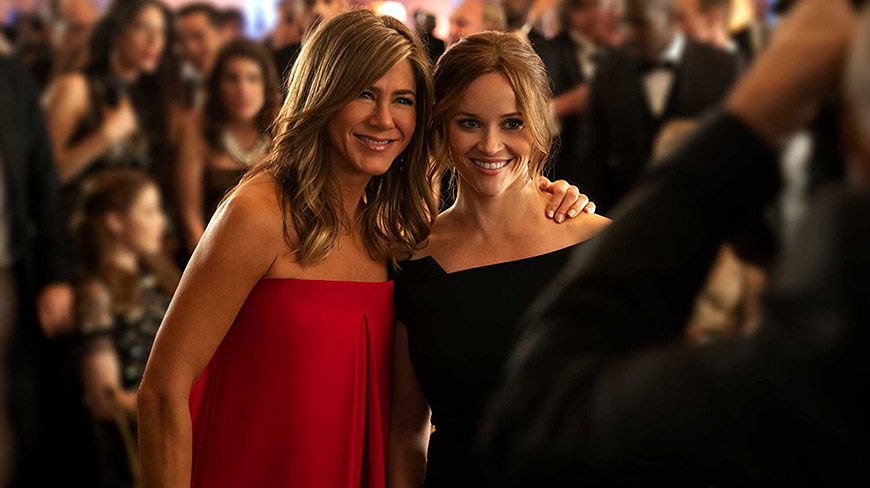In the third episode of The Morning Show, two men accused of sexual misconduct have a conversation about #MeToo and, obviously, blame the women for it. Soon, however, one of them realises that the accusations against the other man are graver than the ones against him. He dissects the different phases of #MeToo, concluding that his actions were ok, but not the other person’s. But when it comes to sexual misconduct, where can one draw the line?
Perhaps most men are not going to like much of what the show has to say. Reason? It blatantly calls out their wrong behaviour. It raises questions that many are still finding answers to. The Morning Show is centred around #MeToo, and its real strength is that it asks you to introspect about what the root of the problem might be.
Created by Jay Carson, the show is about a morning news programme anchored by Mitch Kessler (Steve Carell) and Alex Levy (Jennifer Aniston). When Kessler is accused of sexual misconduct, Levy is in a fix as the show had, till then, supported the #MeToo movement. Adding to her problems is her discovery that talks had been going on about replacing her. As she struggles to stay relevant, she finds an ally in Bradley Jackson (Reese Witherspoon)—an honest and outspoken news reporter. Both Witherspoon and Aniston deliver credible performances, although the plot seems stretched occasionally and the writing, cliched.
Carell’s character is inspired by Matt Lauer, the former co-host of NBC’s Today show and a #MeToo accused. The show asks several pertinent questions thrown up by the #MeToo movement. Like why a woman might not use her agency if she finds herself in a difficult situation. Can she be called a victim if she is a #MeToo accuser? Should she have the right to steer the narrative? The Morning Show may be too dramatic at times, but nevertheless, it asks the right questions.
(The review is based on the first three episodes of the show.)
The Morning Show
Available on Apple TV+
Rating: 3/5



